Hinduism is a very ancient religion being in practice more than 5000 years ago. Hindus follow more customs and traditions related to religious beliefs. One of the beliefs includes praising and protecting cows. According to them, the cow is a sacred animal needs to protect from harm.
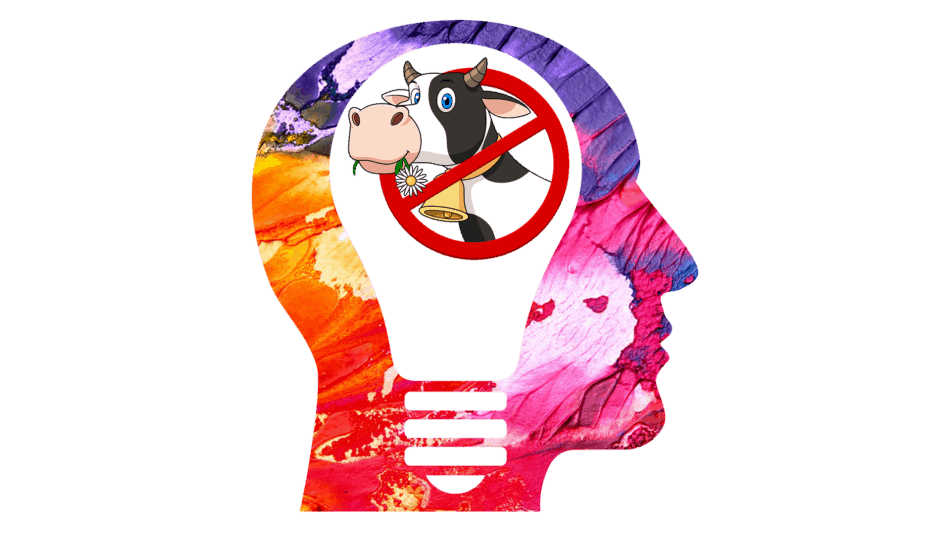
They believe that gods and goddesses reside within a cow. The slaughtering of cows is strictly prohibited in Hinduism as it is the sin to kill or harm other life forms. Vedas do not preach that cow is the piece of worship however, it is considered as the sacred symbol of deity.
Worship of cows
The practice of worshiping cows is followed by Hindus. They observe festivals to thank and retreat cows. Gomatha pooja is carried out in the houses of the Indian subcontinent even today. Hence, butchering cows is sin and if done accidentally then it would need confession. Special pooja and yagna are done by pandits to get rid of the sin from killing cows.
Food habits in Hinduism
Vegetarianism is not the only food practice followed in Hinduism hence, consuming meat is approved. Just like vegetarians consume vegetables and grains, the non-vegetarian Hindus prefer meat and fish take part in their menus. However, Vedas and the yogis that preach the Vedas stresses the fact kill off other life forms is prohibited in Hinduism. They prefer vegetables and grains as recommended food intake.
Upanishads and sutras support the fact maintaining proper food and diet practice. Besides, the Upanishads proclaims the ethical temperance and following the same in day-to-day practices to Hindus. Ancient Hindu texts concerned about diet control and practice that are healthy for human beings. In addition to Upanishads and Sutras, the Samhitas do perform preaching the conditions all about intake of food when and what including where it need to intake.
Hindu texts also add information about changing the diet menu or control over food. Diet modification seeks importance among human showing various body functions. Of course! Based on human physiology and internal organ functioning alone the diet is modified or altered. Climatic conditions and habitat also influence diet modification.
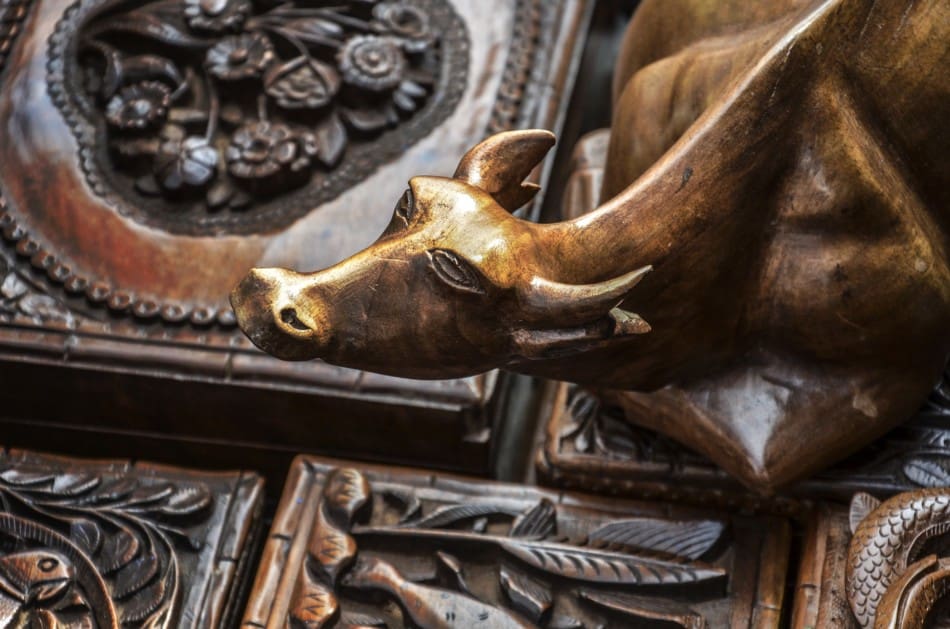
Is beef recommendable?
Push back the beliefs and invokes suggested by Upanishads and Samhitas, beef intake is partly recommendable and not a suggested food on another side, in turn. Kill off cows for the sake of beef is strictly prohibited by most of the Hindus. They seek assistance from Vedas and Upanishads to stubborn their thoughts.
Slaughtering is a harmful practice that needs to be prohibited. Indian law and schedules hold firm positions to prevent mankind from kill off cows for beef. Leaving behind beef, the meat of goat is recommended to intake though Hinduism does not allow killing other life forms for the sake of food.
Cow being the sacred animal is alone prevented from slaughtering but goat and hen are subjected to kill off. Goddesses and Gods do accept meat of hen and goat as an offering, according to Hindus’ beliefs. Prominently, Hindus offer the hen and goat to Hindu deity additionally they bring up those animals for the sake of offerings, too.
Kamadhenu

The heavenly cow is also known as Surabhi was believed created by Sri Krishna. Hindu mythology suggests numerous and diversified accounts of her birth. One among them narrates that Kamadhenu was created thereafter churning of the cosmic ocean; else it would have been created or owned by Jamadagni or Vashista. Similar other narrations exclaim the birth of Kamadhenu seems to be more interesting but the heavenly cow offers everything invoked by her master.
The appearance of Kamadhenu
Hindu scriptures explain that the Kamadhenu is the white cow with female head, face, and breasts tailed to be peafowl residing within numerous gods and goddesses. According to Sri Krishna version, Kamadhenu was created by Sri Krishna for the sake of his beloved Radha who was in thirst for milk as a result of enjoying dalliance.
Sri Krishna created the cow named as Surabhi and also the calf named as Manoradha from the left side of his body. This divine cow is empowered providing whatever demanded by her master. The uniqueness of the cow is its appearance that enlightens the life of its master but the mischievous act is punished with massacre for the dire attempt.
According to Hinduism, Kamadhenu or Surabhi is more divine and subjected to worship. The slaughtering act of Kamadhenu is strictly punishable and the cow itself handles the accused of their acquaintances.
Why cows are sacred in India reincarnation?
Destined to the significance and the purity of cows said by Hinduism, the animal is considered a more sacred one that needs preventing being slaughtered. For countries like India merged with supernatural thoughts, cow worship seeks more importance and the animal is considered as a sacred one. India and Hinduism believe in reincarnation, perhaps, it depends on the goodness or evil attitude the following birth determined.
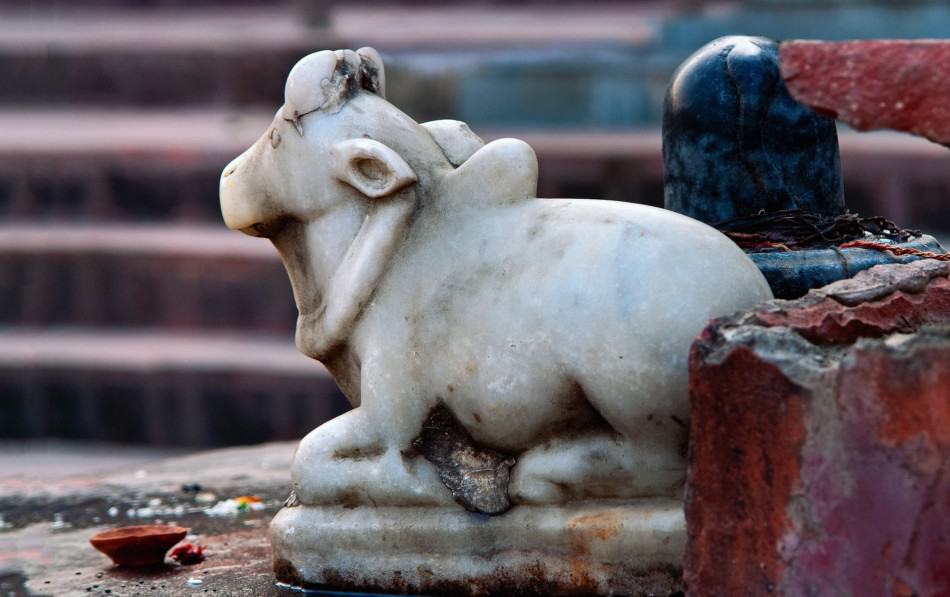
Kill off a cow is the sin or crime according to Hinduism. An individual that performs slaughtering cow is considered as more sinful soul. Beliefs say that the good soul is reincarnated a better one in the next birth. The evil soul pursues the low-level of birth reincarnated for its evilness in the previous birth. This is the epitome of reincarnation. Cow massacre is influenced well in the theory of reincarnation.
Did Hindu Gods eat beef?
The intake of beef is prohibited to Humans according to Hinduism thus no Hindu gods or goddesses accept the beef offering. Perhaps, barbarians offered meat or flesh ancient days more centuries ago to their deity. It is not preached by Hinduism or Hindu texts and apart from spiritual beliefs, divine power does not demand the slaughter of animals or humans. But uncultured barbarians worshiped Kali as their deity and offered animals or humans and according to them, it is sacred means of practice to worship their deity.
Why Hindus drink cow urine?
The urine of cow is known as komiyam that is considered as the holy water free from antibodies. This holy water is sprinkled all around the house after performing yagna and Homas. Hindus believe and also it is proved that the urine sample of cow contains more medicinal values that would make humans free from contact with harmful micro-organisms. Not much but the meager amount of Urine is consumed along with other mixtures named Pancha kavya.
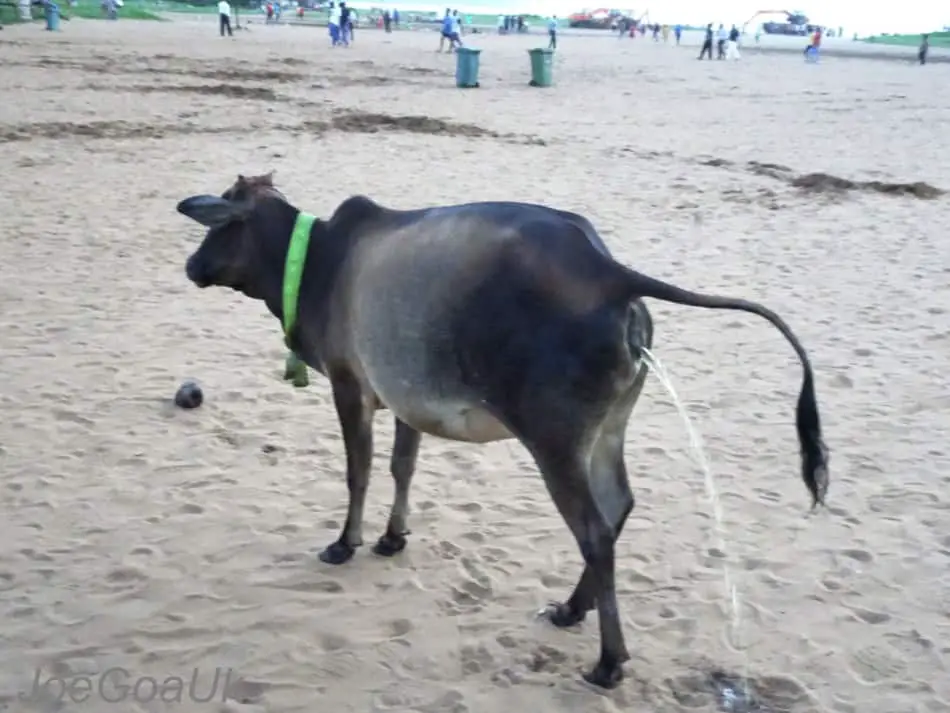
What are the benefits of cow urine?
Cow urine acquires more beneficial and medicinal values. Consuming a limited amount of cow urine brings more significant and positive results. The urine sample is capable of minimizing blood sugar level, controls blood pressure levels, treats well in conditions of psoriasis, eczema, even contagious and communicable disease like AIDS.
International Medical Association declares cow urine is a wonderful remedy for treating all types of diseases. They wonder the knowledge clarity of Hindus using cow urine more centuries ago.
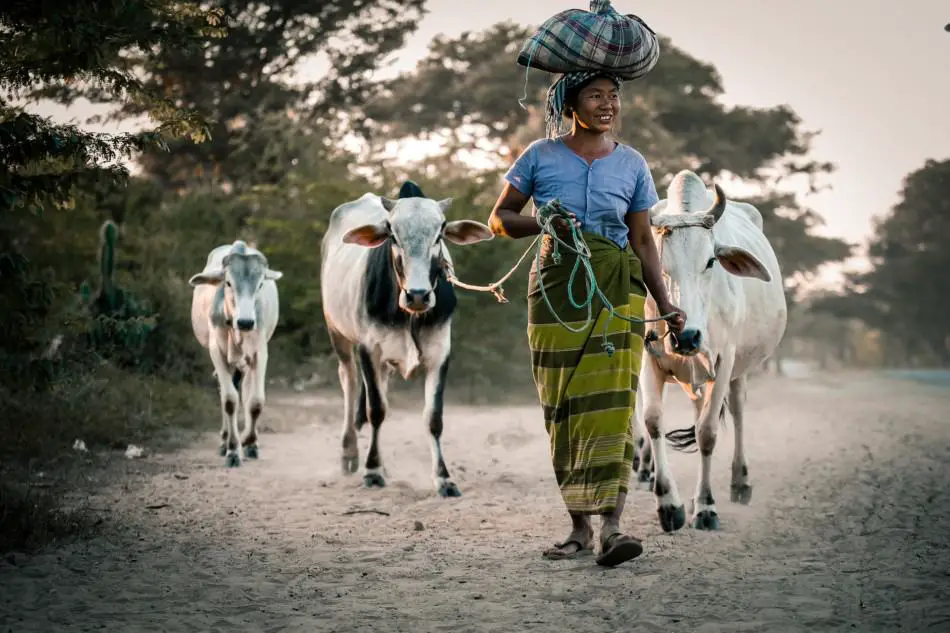
What is the importance of cows in Vedas?
The Vedas talk more about cows and their significance. Vedas teaches Hindus how to treat cows and other life forms and to live a happy life without harming others. It is the divine symbol of humanity and considered a useful and helpful animal, perhaps. Vedas explains that it is in killing the cow rather better to worship alternatively. Vedic scriptures propound utilizing their texts to honor and care the cow for the well being of humanity.
